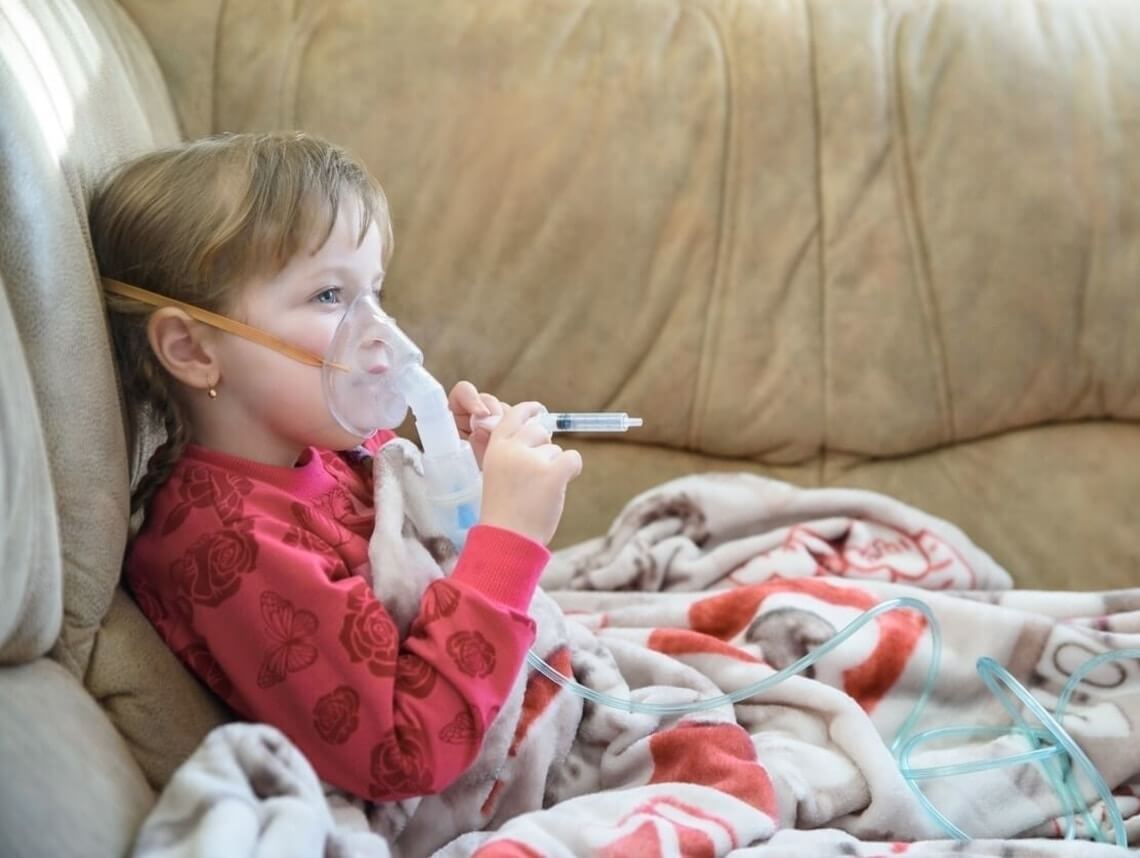Receiving any kind of diagnosis that affects your child’s vital organs can be devastating. Such is the case with cystic fibrosis. The condition has no cure and makes breathing more difficult, so it can make caring for a child feel challenging – and sometimes overwhelming.
In order to learn how to best care for a child with CF, it’s essential to know what, exactly, is cystic fibrosis. How does it affect your child, and what can you do to care for them at home?
What is cystic fibrosis?
Cystic fibrosis (CF) is an inherited progressive disease that affects the respiratory system, digestive system, and sweat glands. It occurs when the body produces thick mucus that’s stickier than ordinary mucus. It makes breathing difficult and it doesn’t come out as easily with regular coughing. In addition, it inhibits the pancreas from creating enzymes that are necessary for proper digestion. To add insult to injury, the mucus makes it easier for bacteria to become trapped, making it easier for the child to get lung infections and chronic inflammation.
The condition is present at birth, and all newborns are screened for it. This is because children who’ve been diagnosed earlier are healthier than those who have been diagnosed later in life.
Symptoms of Cystic Fibrosis
Symptoms of cystic fibrosis vary from child to child. However, there are several signs that are common in CF patients. These include:
- Wheezing
- Persistent coughing
- Frequent respiratory tract infections
- Exercise intolerance
- Breathlessness
- Inflamed nasal passages or a stuffy nose
- Foul-smelling, greasy stools
- Intestinal blockage
- Constipation
- Poor growth or slow to gain weight despite healthy eating
If your child’s pediatrician suspects cystic fibrosis, they’ll perform a sweat test. This is because CF also causes an excessive amount of salt to be present in a person’s sweat.
Tips for Caring for a Child with CF
While the condition can be debilitating, there are many things you can do to improve the quality of life and overall health of your child.
Learn about postural drainage. When your child is diagnosed, the pediatrician will instruct you on different positions to place your child to help ease breathing. These include several ways to lay down or sit up, as well as clapping of the chest to assist your child in coughing up mucus.
Give your child plenty of fluids. Since they lose so much salt through sweating, giving them water, soups, and fruits, will help keep them hydrated.
Add salt to your child’s food. Consult with a pediatrician for an adequate amount of salt for your child to consume. Then add it to meals, especially if it’s hot outside and you’re spending a lot of time outdoors.
Provide your child with more calorie-dense meals. Since cystic fibrosis affects the digestive system, it can lead to malnutrition. To counteract this problem, make sure your child eats additional calories, such as adding sauces or cheese to food, increasing their consumption of bread or pasta, and adding fruits and nuts to cereals.
Encourage your child to exercise. Having an active lifestyle improves oxygen flow and helps loosen mucus. Preferred activities include anything that would strengthen the muscles that assist breathing, such as cardiovascular exercise. To make it fun, look for an activity your child enjoys – especially if they get to spend time with friends.
Keep your child away from smokers. There is no risk-free way to expose a person to secondhand smoke. This type of contaminant produces respiratory infections and asthma attacks on otherwise healthy people – and worsens lung function in people with CF.
When to Start Home Care
If your child has a mild form of cystic fibrosis, you may feel confident being the main caregiver for your child. However, sometimes, the condition is severe and requires additional time set aside to clear your child’s airways, administer medications, and monitor your child. Some children may need daily lung clearance therapy. All of these factors can make it more difficult for a parent of more than one child, a single parent, or parents who work full-time to provide care around the clock. This is when an at-home caregiver could provide support and respite.
Contact Sonas for Home Health Care in Florida
While a child with cystic fibrosis could lead a fulfilling life, it can have an extensive impact on your life and that of your loved ones. Let us help you. Our caregivers are experienced in assisting pediatric patients with CF and can help you to either undergo this transition or by taking care of your family member full-time.
If you are considering pediatric home health care services in Florida, contact the caring staff at Sonas Home Health Care. Call today (888) 592-5855.
This blog was reviewed by Jillian Miller BSN, RN — Director of Nursing for Sonas Home Health Care’s Tampa Bay market — for clinical accuracy. Jillian Miller has been a nurse for 16 years — working primarily in pediatrics. She believes the best part of working with the pediatric population is when you see smiles from clients when you first enter the room. She loves seeing the difference you can make in families’ lives while providing the best care possible for them.

